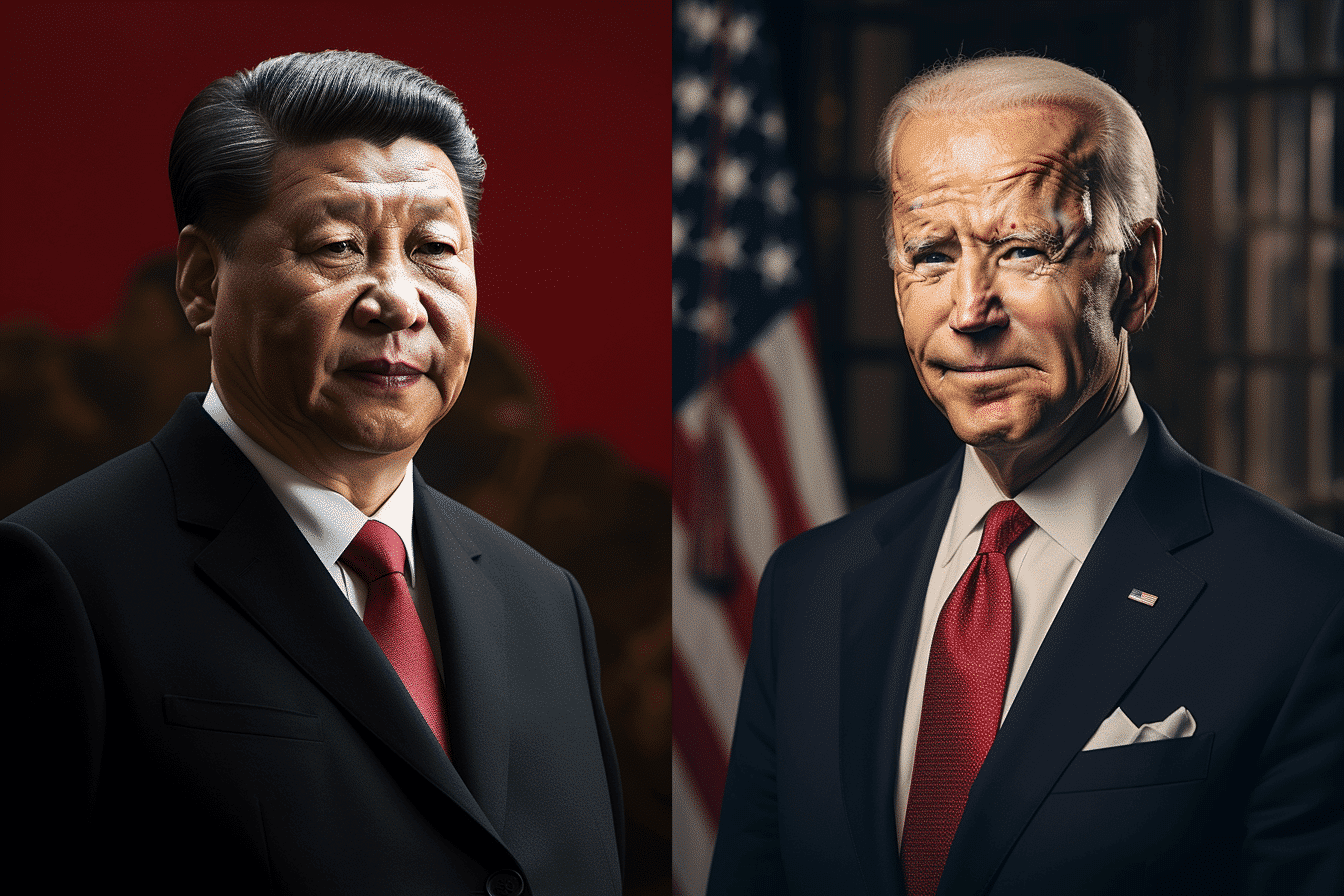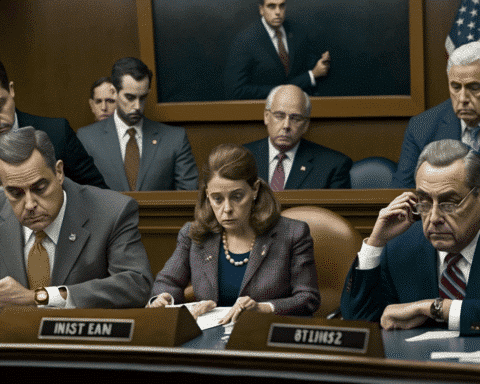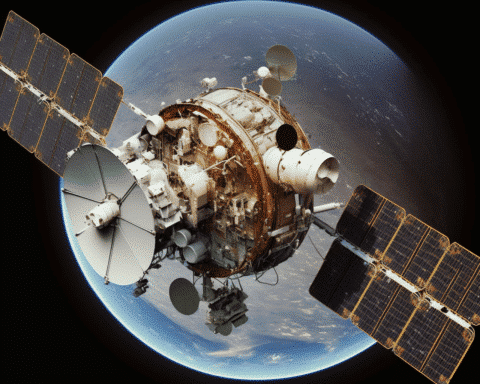The United States Treasury Department and China’s Ministry of Finance initiated two task forces focusing on economic and financial matters. The aim is to alleviate existing tensions and foster a closer relationship between the two countries.
Treasury Secretary Janet Yellen and Chinese Vice Premier He Lifeng are spearheading these task forces segmented into economic and financial areas. In a Twitter thread, Yellen elaborated that the task forces aim to “create a sustainable line of dialogue between the globe’s two largest economies.” She highlighted that these forums will articulate American objectives and concerns while encouraging equitable economic competition.
This development comes on the heels of several visits to China by top officials from the Biden administration this year. These diplomatic efforts are laying the groundwork for a potential meeting between President Joe Biden and Chinese President Xi Jinping at an Asia-Pacific economic summit scheduled for November in San Francisco.
China remains a significant trading partner of the United States, with economic rivalry intensifying recently. As mentioned in a Treasury Department press release, both finance ministries have committed to routine meetings.
Earlier this year, Yellen and other key figures from the Biden administration visited China. This visit was pursuant to President Biden’s directive for high-ranking officials to sustain communications and fortify constructive endeavours. This mandate followed his meeting with Xi Jinping in Bali the previous year.
This initiative also follows a meeting between Secretary of State Antony Blinken and China’s vice president at the United Nations General Assembly earlier this week.
The concept of bilateral working groups isn’t novel. For instance, Representatives Rick Larsen (D-WA) and Darin LaHood (R-IL) established a similar group in 2005. More recently, Commerce Secretary Gina Raimondo indicated plans to establish a group involving officials and industry stakeholders to explore trade and investment solutions.
Contentious issues like tariffs, technology, and territorial claims regarding Taiwan and parts of the South and East China Seas have been long-standing areas of disagreement.
Tensions escalated earlier this year when a Chinese surveillance balloon was detected over sensitive U.S. regions. The U.S. military ultimately shot down the balloon. China maintained that the intrusion was unintentional, involving a civilian aircraft, and warned of potential consequences.
Last April, Secretary Yellen publicly criticized China over business and human rights issues in regions like Xinjiang, Hong Kong, and Tibet, while also emphasizing the possibility of mutual global economic advancement.
Relations have become additionally complicated as China has been strengthening its alliance with Russia, notwithstanding Russia’s ongoing invasion of Ukraine.
In an attempt to restrict China’s military capabilities, the U.S. took measures last year to inhibit the export of advanced computer chips to China. Officials from the Commerce Department stated that this action aimed to hinder China’s development of sophisticated military technologies, including weapons of mass destruction.
The initiation of these economic and financial task forces marks a pivotal moment in U.S.-China relations. While the task forces aim to mitigate tensions and foster equitable competition, they come amid an intricate geopolitical and economic challenge. Issues range from trade and technology to human rights and military concerns. It remains to be seen whether these dialogues will lead to significant breakthroughs or merely serve as another layer in the complex relationship between the world’s two largest economies.




